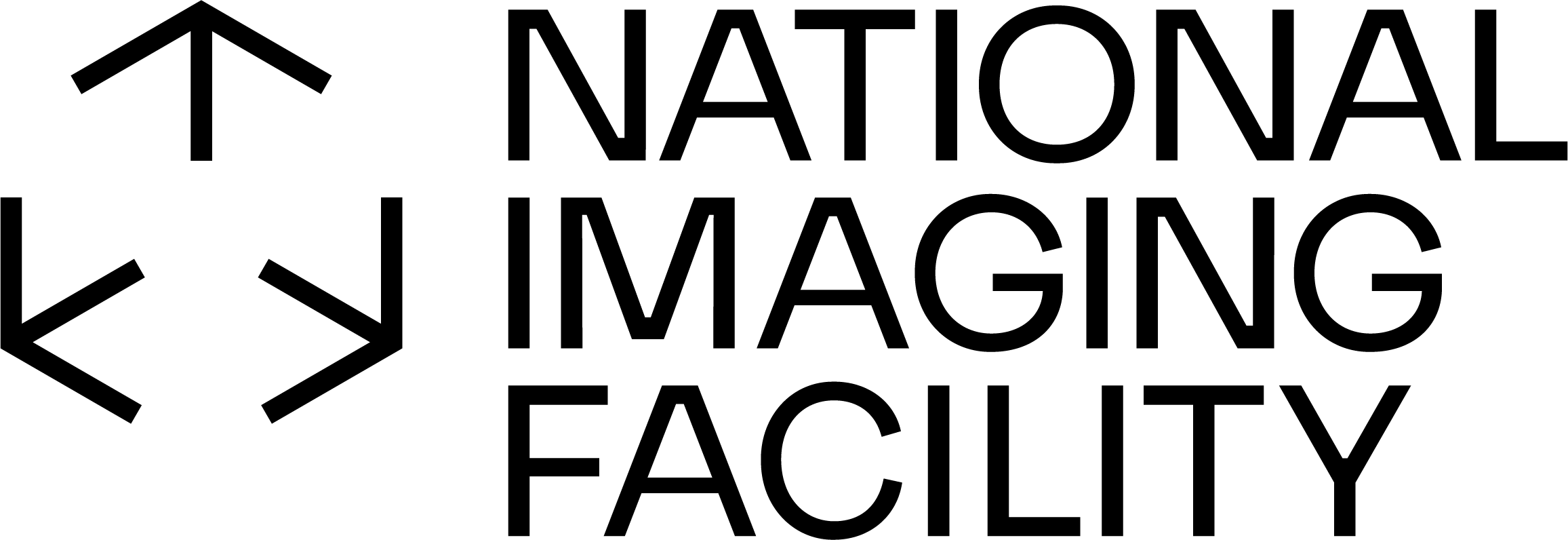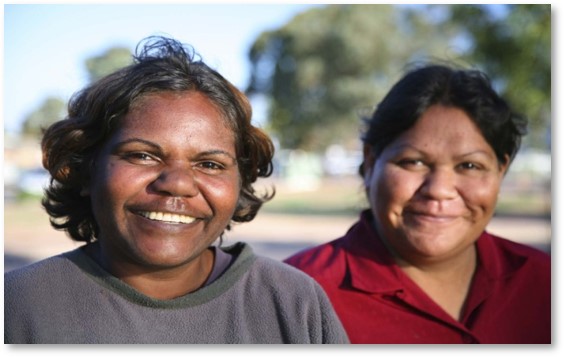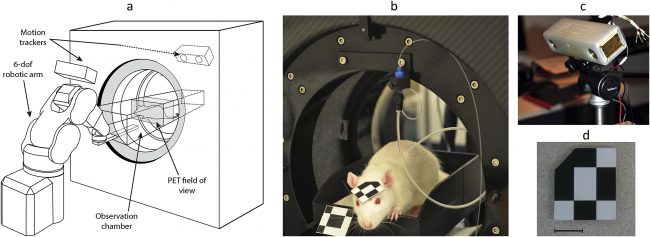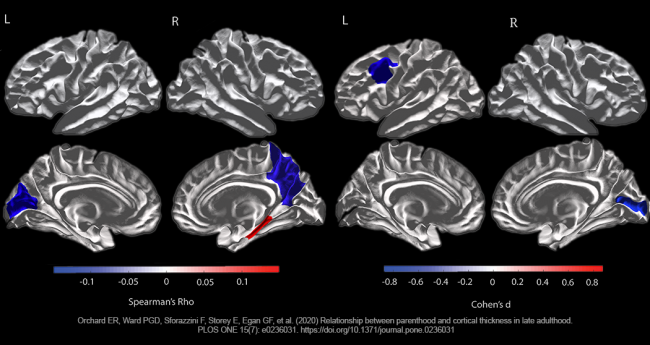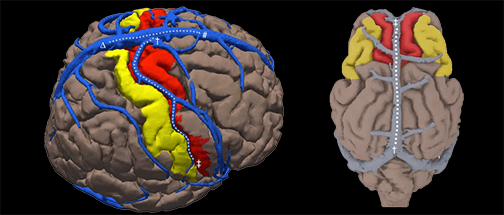Neuro Imaging to examine high rates of dementia in older Aboriginal Australians
Early life stress (ELS) has been linked to abnormalities in brain structure and function and may contribute to increased risk of cognitive decline and dementia later in life. ELS has also been associated with the high prevalence of dementia observed in older Aboriginal Australians.
A study at NIF’s UNSW Node, NeuRA Imaging is engaging the Australian Aboriginal community to investigate structural and pathological brain changes that underlie in high rates of dementia and cognitive decline in older Aboriginal Australians.
This will be the first study that investigates neuroimaging in cognitive impairment in older Aboriginal Australians and will inform dementia prevention, diagnosis and policy. It will also contribute to the wider literature on vascular risk in the pathogenesis of Alzheimer’s disease and associated biomedical and social risk factors.
After extensive community engagement with partnering Aboriginal communities including La Perouse, NSW, the initial consultation stage of NeuRA’s Koori Growing Old Well Study indicated that neuroimaging should be included in future dementia studies (Lavrencic et al., 2020, Int Psychogeriatr). Led by NeuRA’s, researchers including Dr Kylie Radford, Professor Tony Broe AM and Dr Louise Lavrencic, the Koori Growing Old Well Study included a community planning survey, pilot MRI study and guidance from an Aboriginal and Torres Strait Islander Steering Committee.
“NIF’s capabilities are allowing this study to investigate underlying brain changes and pathology in ageing and dementia in partnership with Aboriginal communities. The study will give greater detail and is using sophisticated and novel MRI techniques. By having the facility in-house at NeuRA it also means we can ensure a culturally safe and welcoming environment for our participants. With a rapidly ageing population and high rates of dementia, we hope that this ground breaking study will shed light on important ways to promote healthy brain ageing with Aboriginal and Torres Strait Islander peoples,” said Dr Kylie Radford, Senior Research Scientist and Group Leader, Neuroscience Research Australia.
The neuroimaging sub-study is a prospective, cross-sectional non-interventional study where participants will first complete a comprehensive interview and diagnostic assessment as part of the Koori Growing Old Well study. Consenting participants (200) aged 55+ will undergo MR scans with an expected study completion by 2023.
The outcome analyses will include identifying associations between cognitive impairment and hippocampal atrophy/volume and vascular indices on MR. Vascular pathology will be examined for cases of possible or probable Alzheimer’s disease compared to a cognitively intact control group. Correlations between MR measures and early life stress, adult risk and protective factors, cognitive function, and clinically diagnosed cognitive impairment will be investigated.

